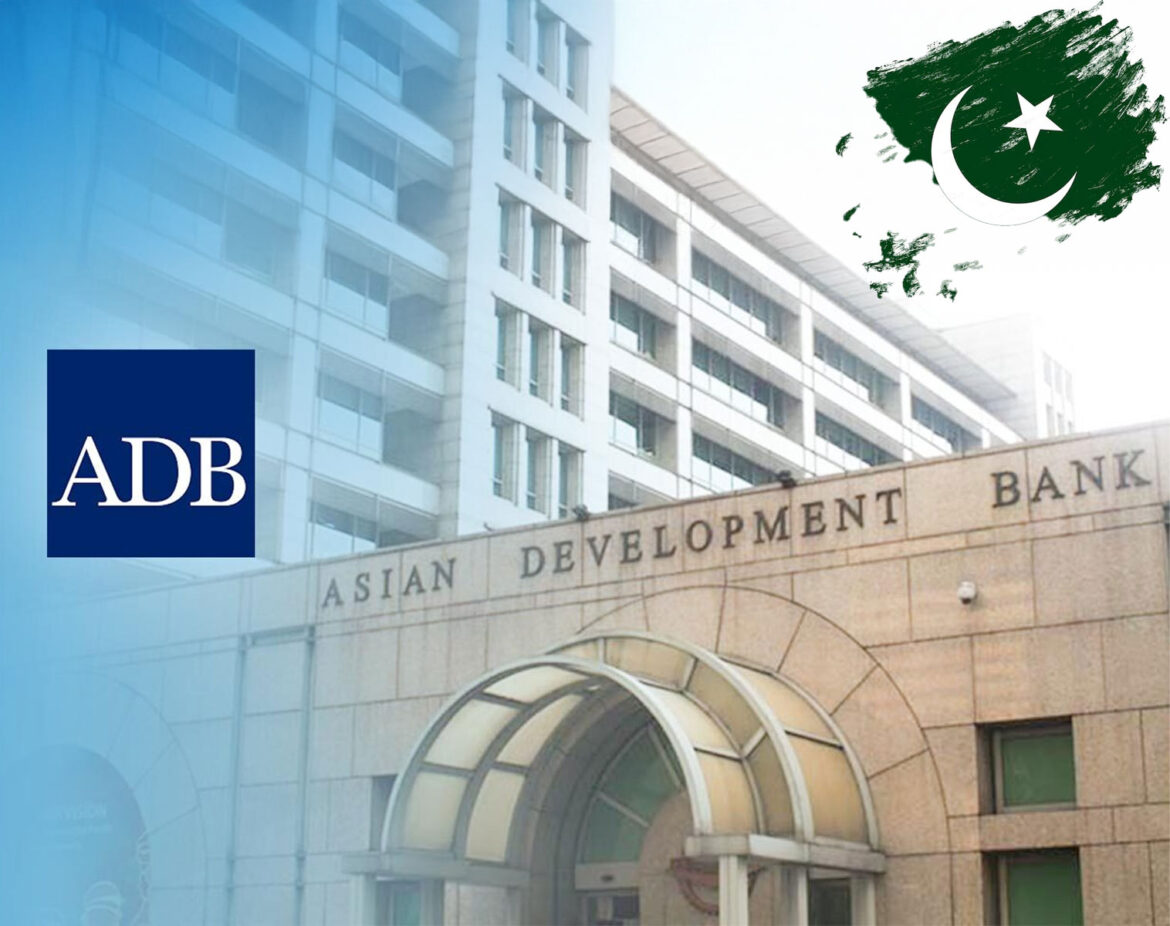The Asian Development Bank (ADB) has approved a technical assistance project worth $86.2 million aimed at developing a Sustainable Aviation Fuel (SAF) facility in Pakistan. This initiative is set to transform local waste resources into a valuable export product, with significant environmental and economic benefits for the country.
According to an ADB report, the proposed SAF plant will allow Pakistan to produce an environmentally friendly fuel that can be traded globally, boosting the country’s role in the international fuel market. By converting waste materials into high-value SAF, the project will contribute to global climate goals by reducing greenhouse gas emissions.
The development of the SAF facility will also create skilled job opportunities for Pakistani engineers, thanks to technology transfer and training programs. The project will further support the formalisation of the country’s illegal gutter oil market, helping to create a more economically viable and regulated industry.
The International Air Transport Association has highlighted SAF as a key component in achieving the aviation sector’s sustainability targets. It is estimated that SAF will account for over 65% of the industry’s emissions reduction goals, with the SAF market expected to expand to 407 million tonnes by 2050.
The facility will be developed by Bio Tech Energy (BTE), a leader in the bio-diesel industry in Pakistan. BTE operates a biodiesel refinery in Sheikhupura, which started commercial production in 2016. The refinery is a second-generation multi-feedstock plant, utilizing waste-based feedstocks like used cooking oil, poultry feather acid oil, and soap stock acid oil. BTE is Pakistan’s largest bio-diesel supplier and the only large-scale producer in the region.
The new SAF production facility will be built on a brownfield site adjacent to BTE’s existing biodiesel operations. It will share key infrastructure with the biodiesel refinery and is expected to have a production capacity of 200 KTPA, with 85% of the output being SAF and 15% bio-naphtha. The feedstock for SAF production will mirror the biodiesel refinery’s waste-based inputs.
The project also aims to ramp up feedstock collection to 260,000 tonnes, which is approximately 20% of Pakistan’s total collectable feedstock. This will be achieved by expanding collection points in major cities, including Karachi, Peshawar, and Islamabad, and increasing collection from established sources.
This project is expected to position Pakistan as a key player in the global SAF industry, fostering sustainable economic growth while advancing climate action goals.



